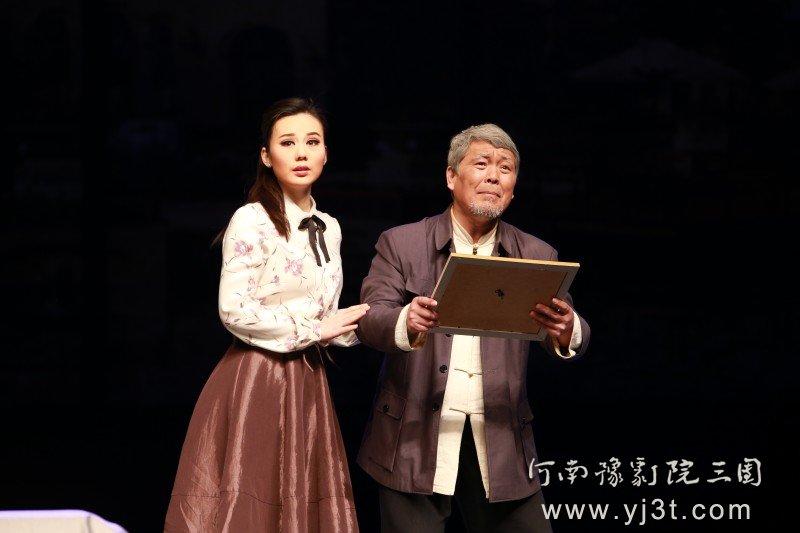“Family Portrait” is a contemporary Chinese opera produced by the Communist regime’s propaganda departments to promote “clean government.”
The work—adapted from details gleaned from real-life corruption cases, as official sources would have it—seems to be part of a softer complement to the ongoing and wide-reaching anti-corruption campaign that has disciplined hundreds of Communist Party officials.
In “Family Portrait,” a Chinese woman called Han Linlin returns to China after studying abroad, only to find that her father, a rags-to-riches deputy mayor, has been sacked and investigated. Linlin then produces a 30-year-old family portrait, telling the story of her father’s rise and fall—how the once-hardworking farmer became a respected official but was then tempted by money, power, and women—and how tragedy befell her family.
Tearful Audiences
According to a report by the state-run Beijing Youth Daily, central authorities organized an audience of nearly 2,000 Party officials at the board and division levels to see the opera in Beijing on the April 17 and 18.
“Family Portrait” premiered in Henan Province last November. By January this year, the Henan provincial government had organized over 30,000 local communist officials and Party cadres to watch the opera, to warn and educate them about the dangers of corruption.
Beijing Youth Daily claims the show’s reception has been fantastic. Reportedly, some officials cried hard.
“I haven’t seen such a touching opera in a long time. Many party cadres were shedding tears,” said Hu Mingzhu, an official working at the Henan provincial anti-corruption authorities, in an April 19 interview with Beijing Youth Daily.




